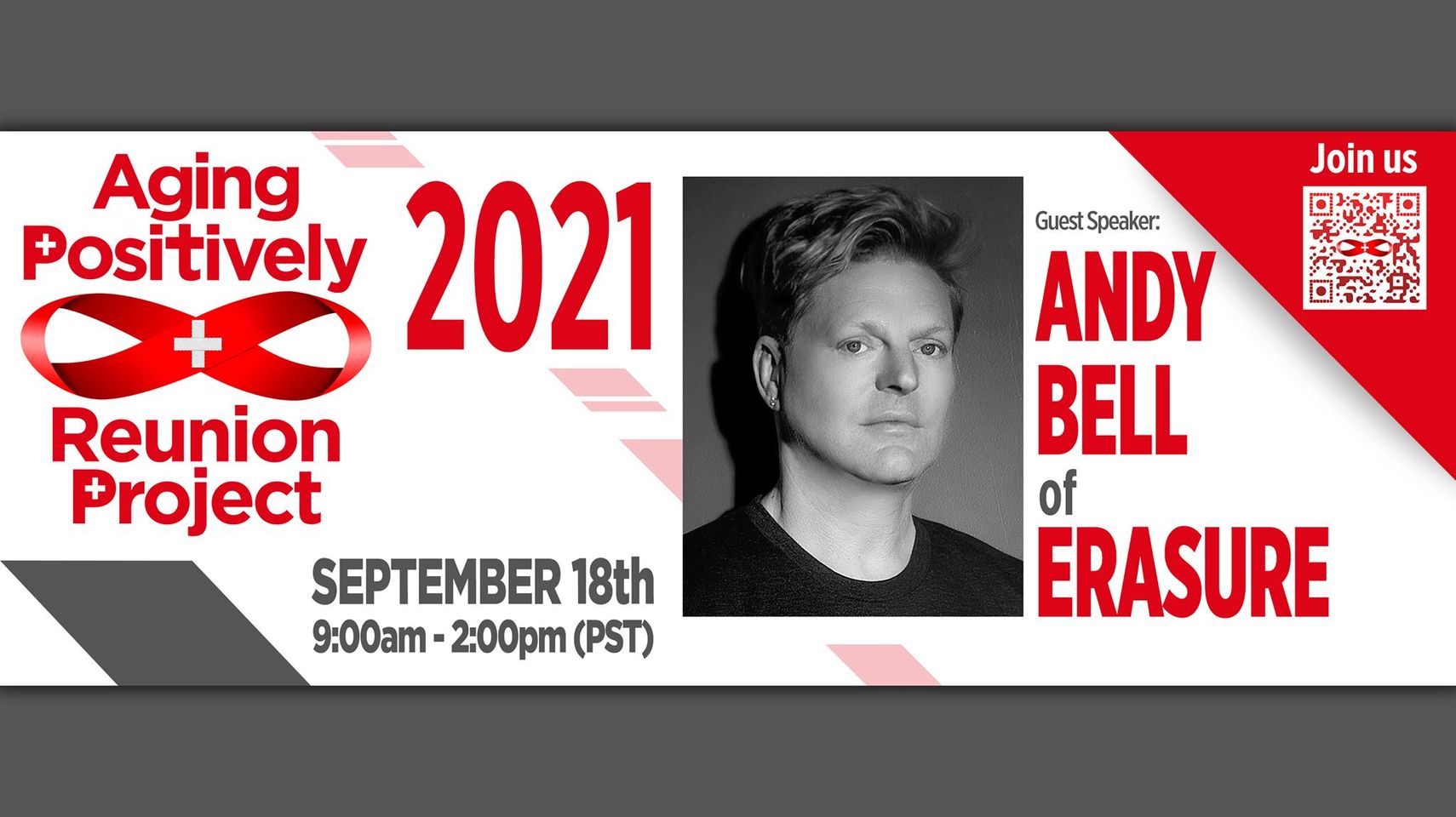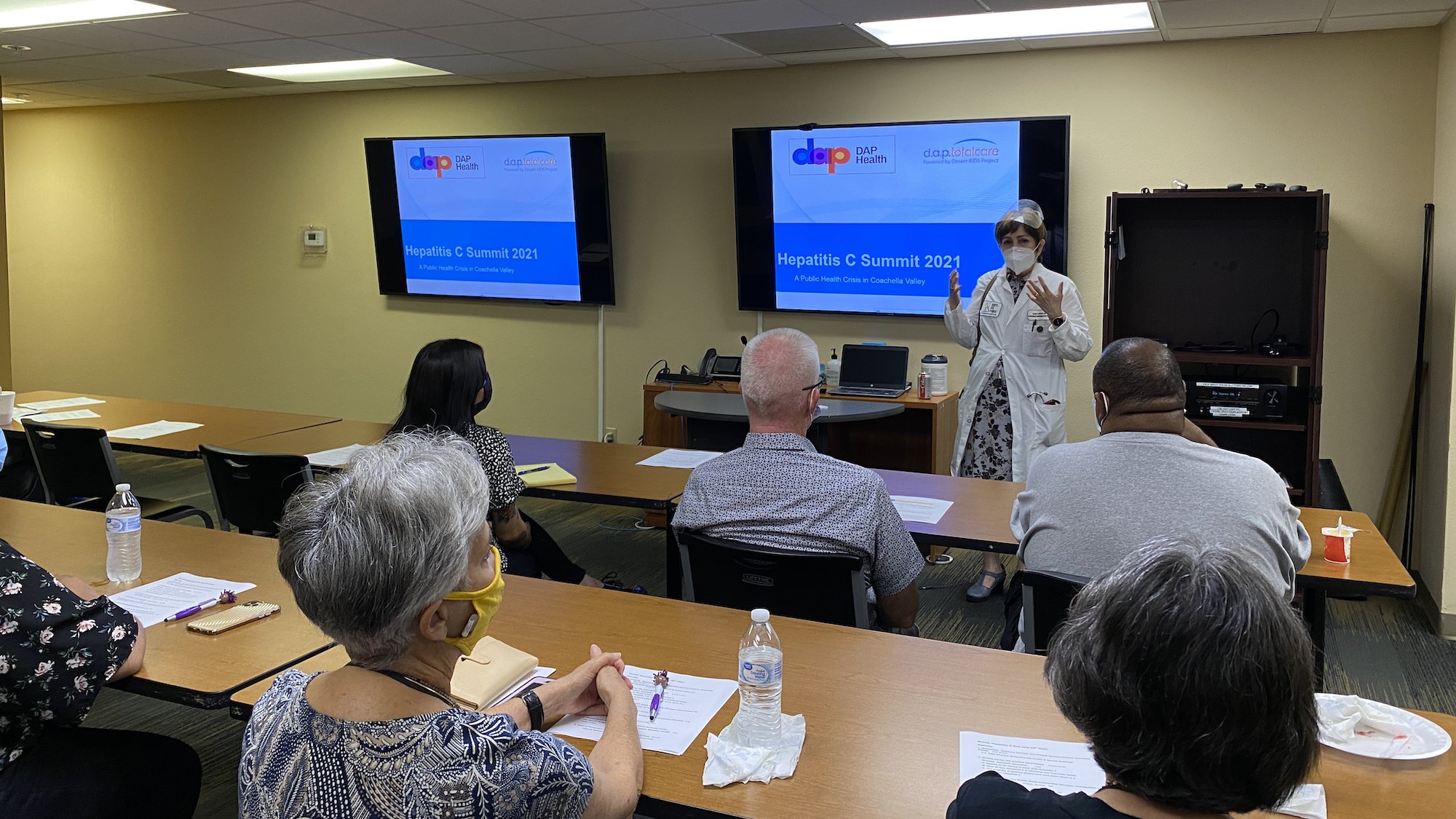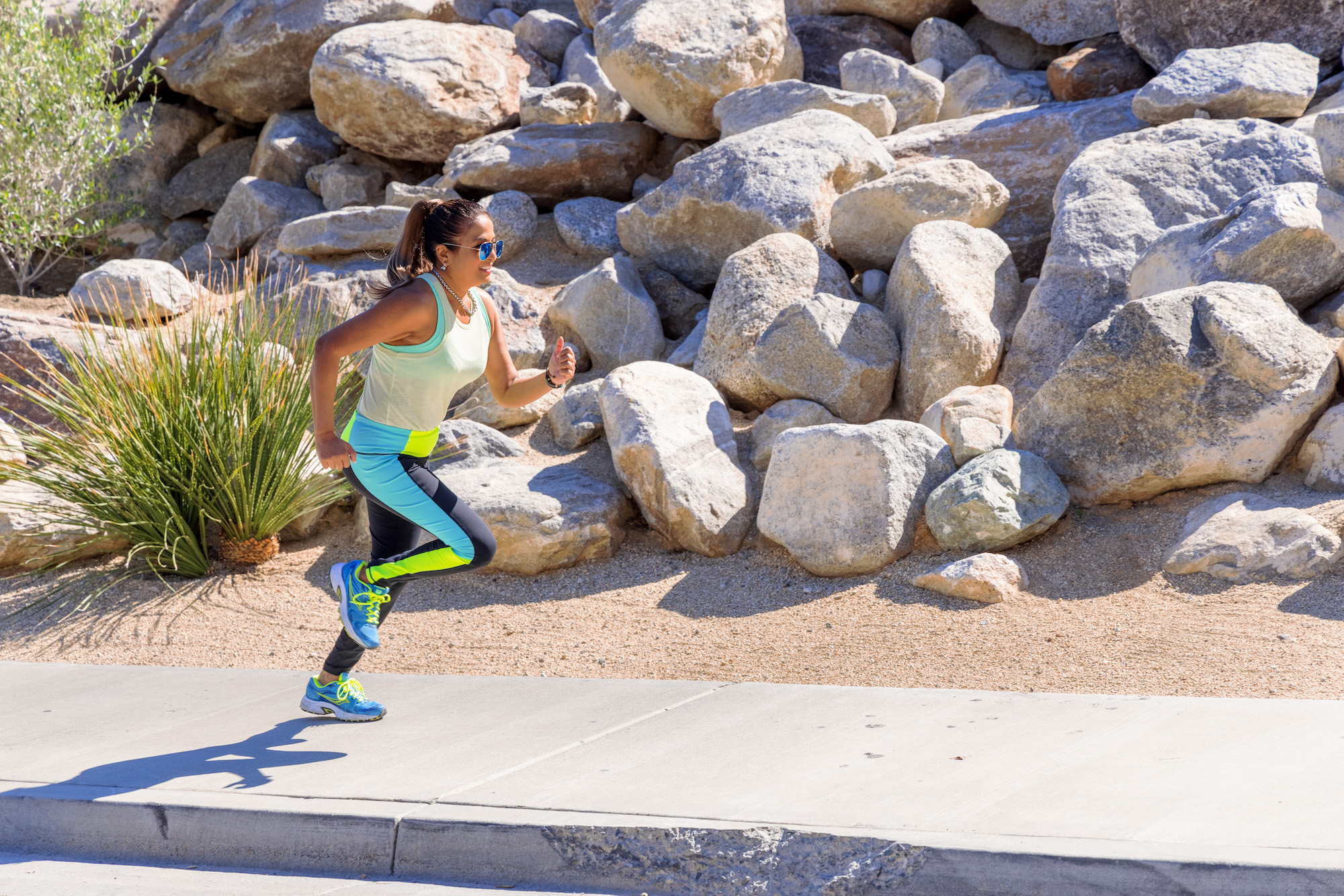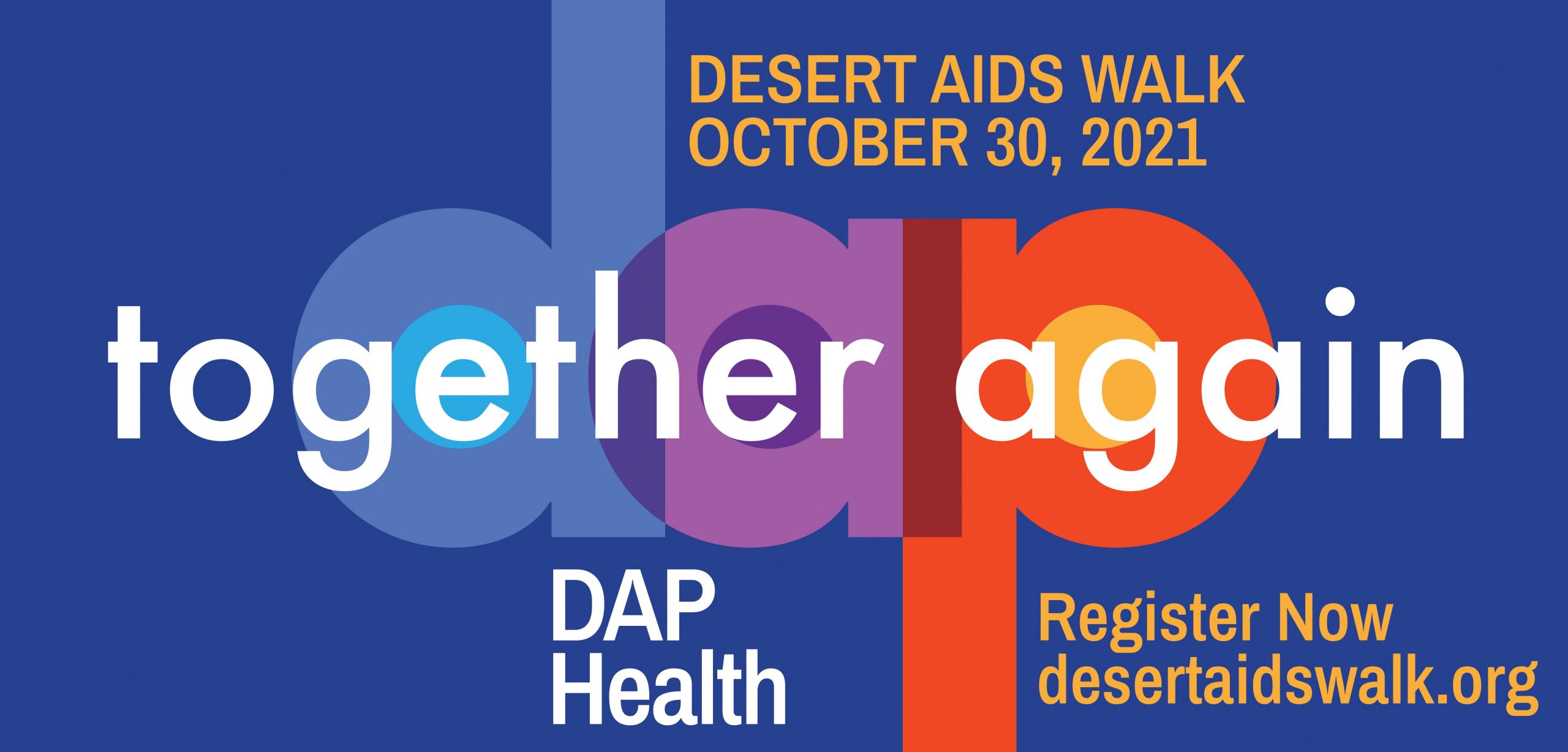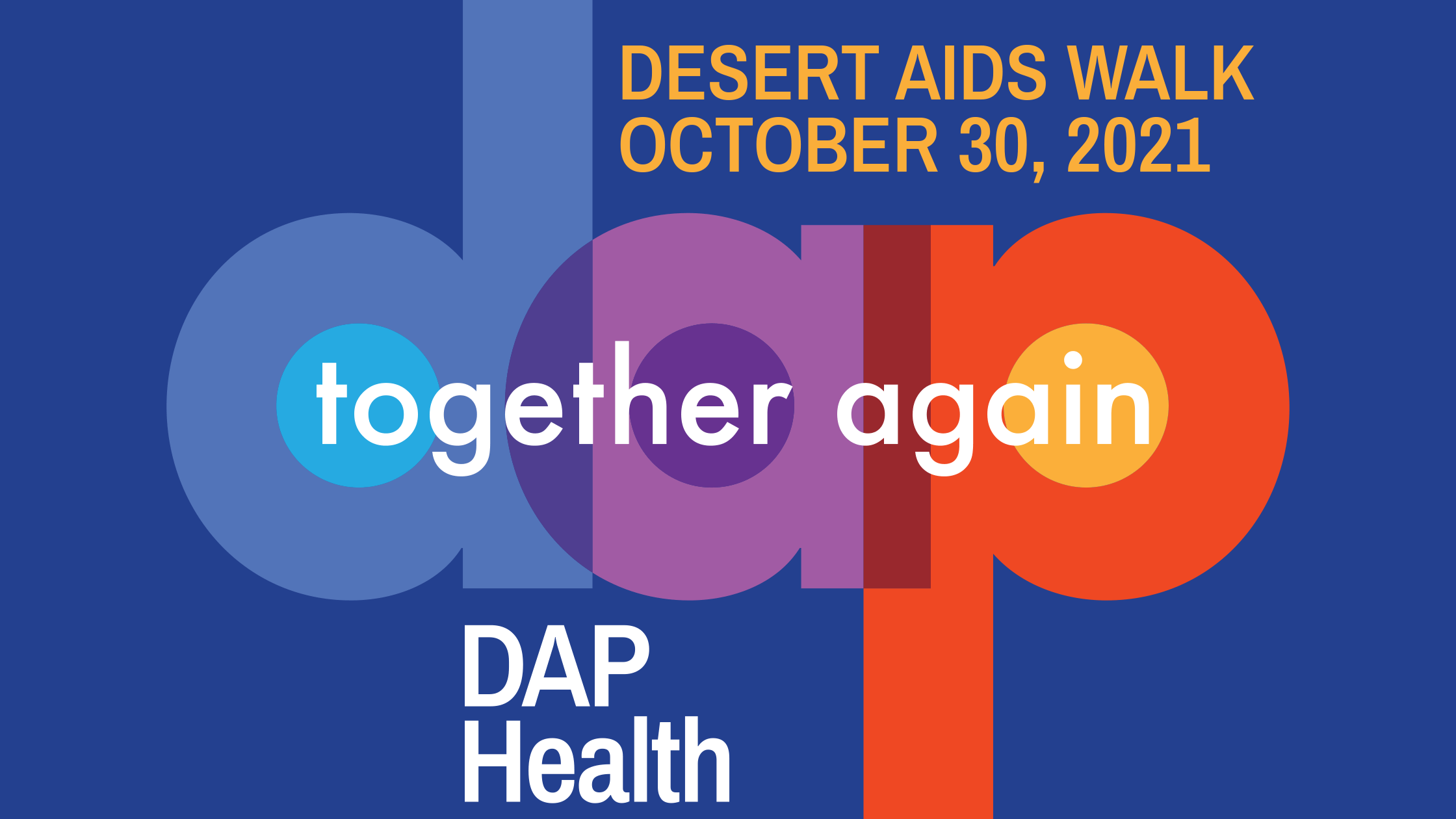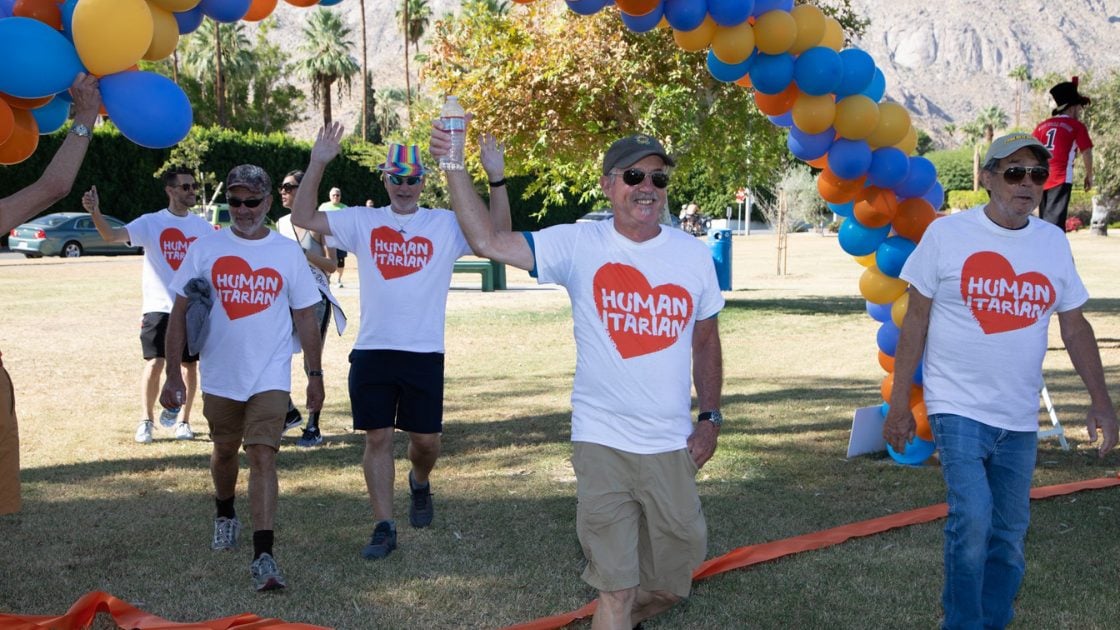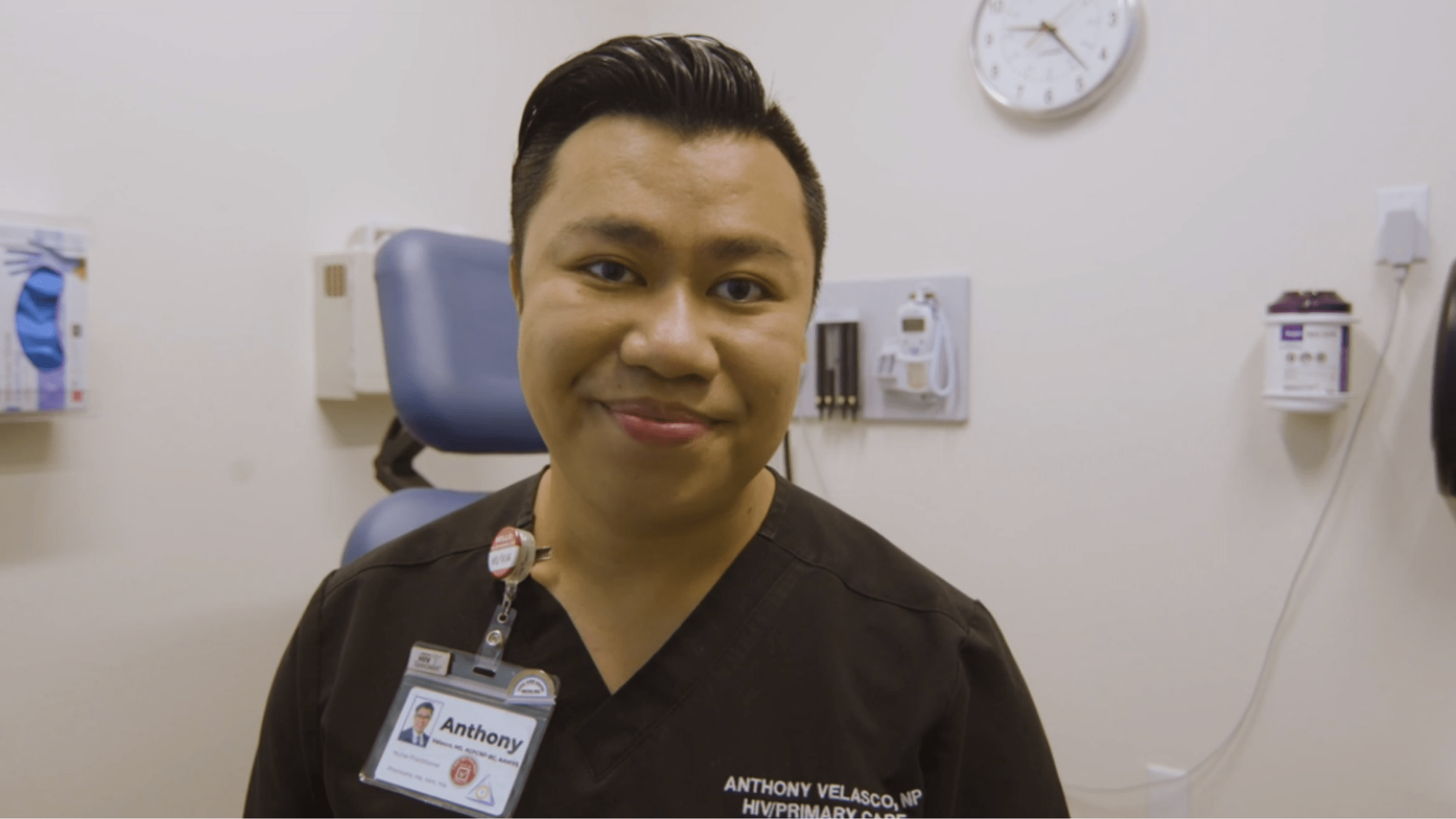
‘It's a very important element of creating safe spaces’: Velasco talks about pronouns
By Robert Hopwood, DAP Health
Pronouns affirm the humanity of an individual and help reduce stigma and obstacles to health care. In short, they matter.
They create a safe space for patients.
"They are a simple and basic topic, but they have a big impact on many of our patients," says Anthony Velasco, Senior Nurse Practitioner Specialist at DAP Health.
Velasco provides comprehensive gender-affirming care at DAP Health, and he advocates for creating better access to safe and gender-affirming spaces for all. He also co-chairs DAP Health's Transgender Health Program.
One of the most important steps to creating a welcoming environment for transgender and gender-diverse people is to address patients using their preferred names and pronouns, according to the Centers for Disease Control and Prevention.
Velasco says that using the wrong pronoun to refer to someone is almost like calling somebody by a different name than the name they use.
A pronoun is a word that replaces a noun. For example, the words "it" or "that" are pronouns. Personal pronouns — he, her, they, etc. — are words that refer to a person.
They are a simple way of validating a person's gender identity, creating safe spaces for patients.
Sex is binary and assigned to a person at birth. Gender, on the other hand, is a social construct and is not necessarily the same as the person's sex that was assigned at birth. It isn't binary.
"When I introduce myself and introduce my pronouns to someone, it creates a signal for that particular individual that it is safe for them to discuss their gender identity with me and any gender-affirming needs they may have, especially during our visit," Velasco says.
The 2015 U.S. Transgender Survey — the largest survey ever devoted to the lives and experiences of trans people — surveyed nearly 28,000 people about discrimination, stigma, and health disparities among transgender and gender-diverse people.
They found that 33% of respondents reported having at least one stigma-related experience when they tried to access healthcare. Velasco says that the experience and expression of stigma includes verbal abuse, assault, or even refusal of care.
More: Transgender Care at DAP Is Here For You
On YouTube: BORN TO BE: Panel discussion and Q&A
In the same study, they found that a significant number of transgender and gender-diverse adults avoided accessing health care services because of the stigma related to discrimination.
Velasco says that when somebody does not acknowledge their gender identity — by misgendering them or deadnaming them — that could be perceived as a form of discrimination.
In another recent study, Velasco mentioned, more than 90 percent of transgender and gender-diverse people in the Inland Empire had health insurance. But most of them didn't access care because they couldn't find a competent provider in providing gender-affirming care.
"One of those incompetencies or lack of knowledge and training would be not validating people, not using correct pronouns, not being aware of gender-affirming issues that transgender and gender diverse people need," Velasco says.
By doing simple, concrete things like making sure we have ways to identify people's pronouns and their chosen names, DAP Health can prevent those barriers to care, Velasco says.
"By us not using and acknowledging their gender identity, by us not using their chosen name — their pronouns — this could potentially limit their access to care," Velasco says.
He says other ways — beyond the use of pronouns — clinicians can let trans people know they provide affirming care is by:
- Using gender-affirming and inclusive forms;
- Using gender-affirming electronic medical records;
- Making sure staff and clinicians are well-trained in how to provide gender-affirming care;
- Providing gender-affirming hormone therapy;
- Using trauma informed care;
- Being aware of all the other things that involve gender affirmation for clients; and
- Creating programs and interventions informed by the lived experienced of transgender and gender-diverse people. We do this by collaborating with the transgender and gender-diverse community in amplifying their voices to meet their health and social needs.
DAP Health works to create safe spaces for transgender people across the organization. Two simple ways they do that is by putting employees' pronouns in email signatures and on name tags.
"It's a simple but very important element of creating safe spaces for people of all sexes and gender identities in a very respectful manner," says Velasco.
Taking the time to use a person's preferred pronoun doesn't have to be just in a health care setting.
"In our daily language we use pronouns," Velasco says. "We have conversations with everybody. And if we don't respect and honor the names or pronouns they use, it's a way of disrespecting them."










